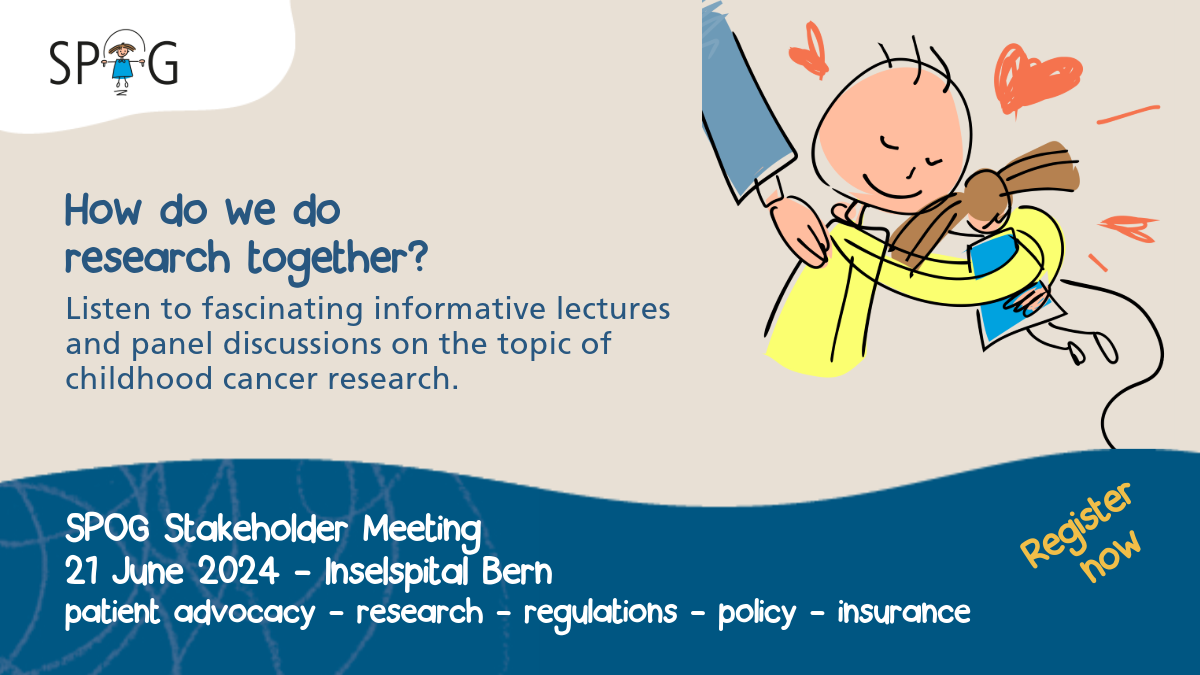90% of kidney tumours in children and adolescents are nephroblastomas, the remaining 10% are made up of various very rare cancers. The chance of a cure for patients with kidney cancer has improved considerably in recent years. However, the prognosis in European countries varies in the absence of a standard diagnostic approach with established reference centres and a lack of infrastructure.
Around ten children and teenagers are diagnosed with a kidney tumour every year in Switzerland and can take part in this research project.
The UMBRELLA SIOP-RTSG 2016 study is a registry study with the aim of standardising the high-quality diagnosis of kidney cancer throughout Europe and beyond. In order to achieve this, reference structures consisting of national and international groups of experts will be established in the participating countries. Blood, urine and tumour samples will be obtained from all patients in the course of diagnosis and therapy and examined in the laboratory. This should enable new risk factors to be identified, allowing a patient’s individual risk to be estimated more accurately in future and treatment to be adjusted accordingly. These analyses should also lead to a better understanding of the biology of these tumours and help to identify new approaches to therapy, thus further increasing the chance of recovery for children and adolescents with kidney cancers. An international group of experts is providing additional treatment guidelines for nephroblastomas and other less common types of kidney cancer to give all patients access to the best therapy available according to current knowledge.
The Saarland University Hospital in Germany is responsible for the international implementation of the trial (sponsor). The Swiss Paediatric Oncology Group (SPOG) is responsible for performing the trial in Switzerland (sponsor representative).
In short
- This research project is investigating diagnosis in children and adolescents with a renal tumour.
- The prognosis for this disease in European countries differs due to the lack of a standard diagnostic approach.
- In this research project, structures consisting of national and international expert groups will be formed in order to develop a high-quality standardised diagnostic process for renal tumours across Europe and beyond. This will improve the quality of the diagnostic process for the patients concerned.




